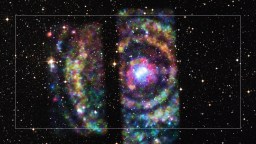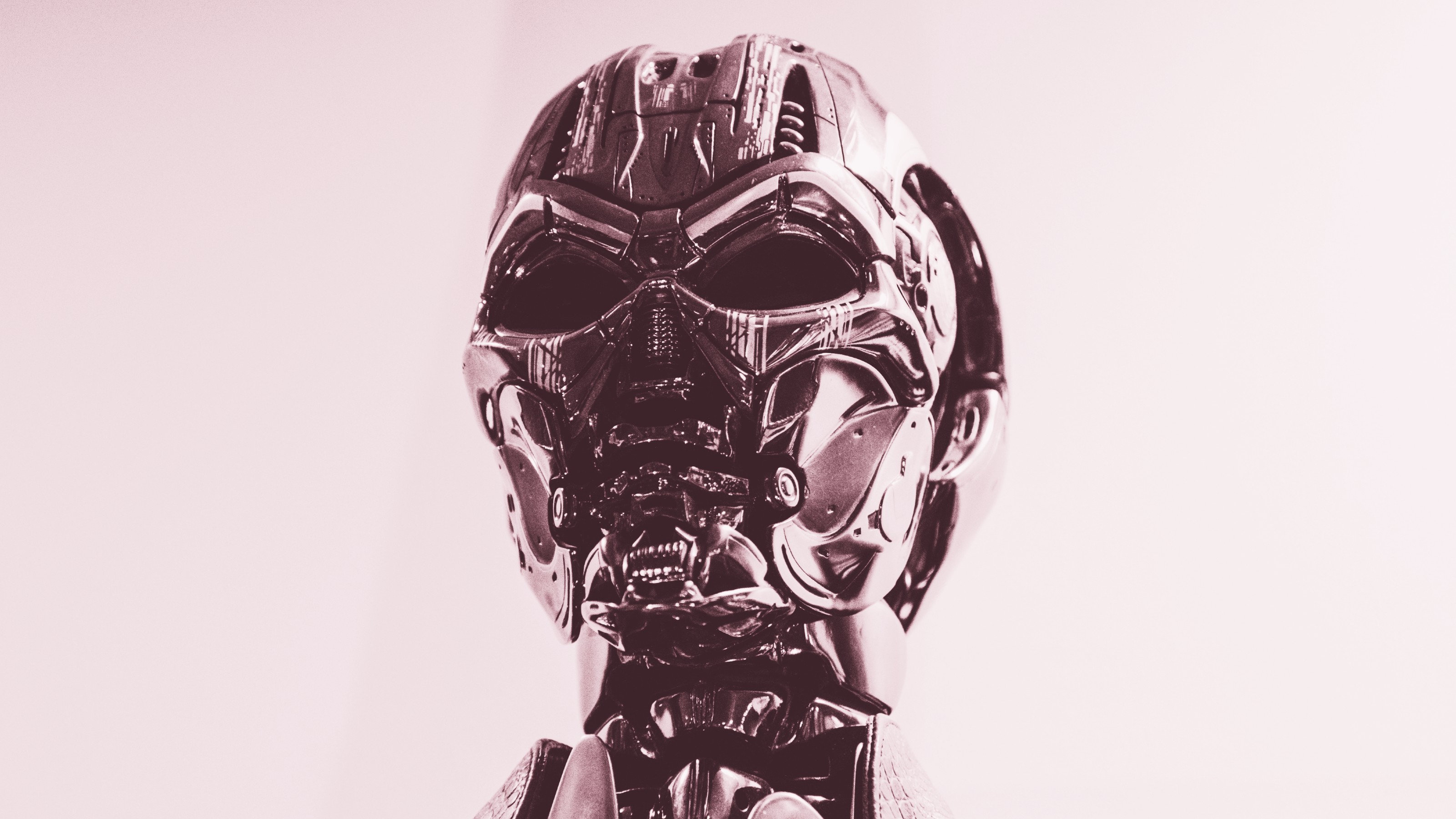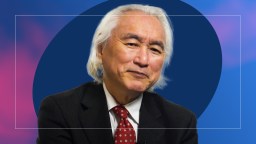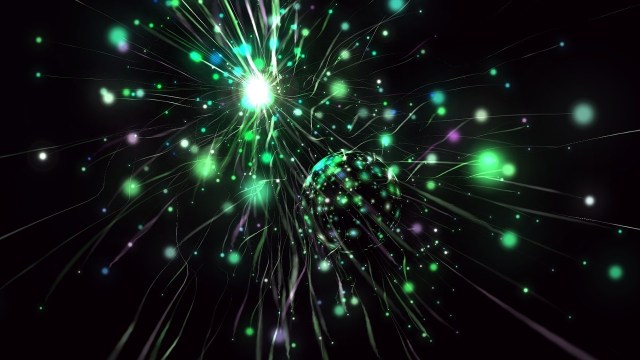Experience necessary
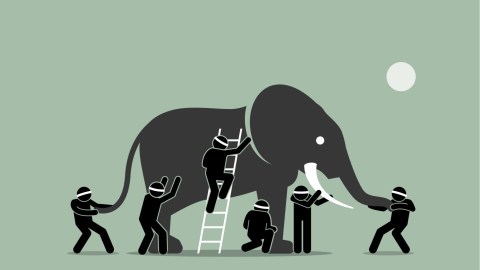
Most people see science as the purest model of objectivity, that it strives to discover the truth about the world independent of any human interference, such as subjective opinions or sensory perceptions.
Science is supposed to reveal the truth about the world as is, not tainted by the way we experience it. For example, most people would agree on what a chair is when they see one, unless their judgment is severely impaired. The chair is an object in the world outside of subjectivity, with an existence independent of the “viewer.” This way of picturing reality presupposes a separation between the observer and the observed, the object and the viewer.
One can see why this view is attractive, as it makes science feasible, given that the object “out there” is now amenable to direct and impartial study by observers. Using the same tools and under the same conditions, different observers should reach the same conclusion: “Yup, that’s a chair.”
To what extent is this separation between the observer and the observed true—and what happens if and when it isn’t? Is there a God’s eye view of reality independent of human experience? This is what Adam Frank, Evan Thompson, and I called “the blind spot” in an essay we published at Aeon. The response was so lively that it prompted a follow-up workshop this week at Dartmouth, bringing together philosophers and historians of science, physicists, cognitive neuroscientists, and Buddhist scholars, all focused on a single and singularly complex question: What is the role of experience in science and how does it interfere with what many call the search for “truth”? What follows is a personal initial distillation of what transpired.
There is a lot to unpack here, and we can only do so much in this space. So, let’s focus on “experience,” and how it’s essential to anything that we do in science. By experience, I mean our immersion in the world and the world in us. One cannot take the mind out of the world or the world out of our minds. They are, in a real sense, one and the same: We experience the world with our minds, and our minds give meaning to the world. Everything that we do, scientific measurements included, is grounded in our experience of the world. And what we call the world is the sum total of this experience.
More than just data
Data is the way we obtain information about the world, codifying our experience. A flash, a ding, a pointer moving—these are the bridges linking the phenomenon we observe and the phenomenon itself. They are how the phenomenon “speaks” to us. The flash, the ding, or the moving pointer are experiences grounded in our immersion in the world.
Science is necessarily an expression of how we experience the world.
This means that we should be very careful when we talk about science and the pursuit of truth. One should not attach any finality to the truth that science seeks. As we learn from countless examples in the history of science, what was once true later became false. Think, for example, of the Earth-centered vs. the Sun-centered models of the cosmos before and after Copernicanism. Or think of Einstein’s static universe vs. the expanding universe of modern Big Bang cosmology, or the existence of the ether, and so on. The best that we can strive for are temporary truths based on our current knowledge and explanatory purpose. (For example, Newtonian gravity works very well to describe the tides or why the Earth is flattened at the poles, but not to describe what happens when black holes collide.) Any declaration otherwise is hubris.
We cannot extricate our experience of the world from how we describe it. That, in fact, wouldn’t make any sense! To describe something, we must experience it. Experience is irreducible. It is the starting point of everything we do, science included. To be alive is to experience. We can even say that dying is the cessation of experience.
One may argue that there are truths out there that are independent of human experience and thought processes. This is a common theme in pure mathematics—a field that some claim has no connection with the physical or experiential world, but only with pure thought and logic. But is that so? Where do numbers come from, if not from the experience of counting or of perceiving discrete units like heartbeats or grains of sand? Where do abstract geometric shapes like cubes and spheres come from if not from approximations of the imperfect spheres and cubes we see in the world?
One may take the imperfect objects of reality and elevate them to a post-sensorial thought realm, but the originating point remains the lived-world, the experience of being here. And thoughts? Well, they are enacted mysteriously as information is integrated in the grey matter of our brains, oxygen pumping through our arteries making it all possible.
The question, then, is turned on its head: it is not what science can do by ruling out experience—and impossible fiction—but what it can’t do because of it.
The post Experience Necessary appeared first on ORBITER.
